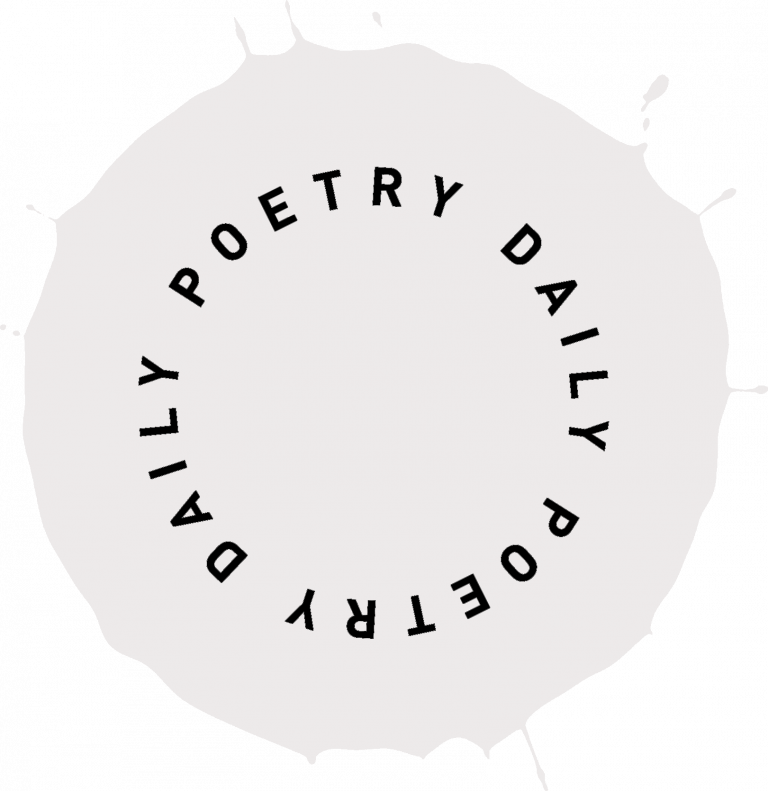Language as Form
In our series Language as Form, we’ve invited poets to write about poetic language as patterned language—how words as sound, voice, sentence, and song become elements of form.
“Explore What Sparks Poetry” is made possible with funding from The Virginia Commission for the Arts.

In The Upstate, I was trying to connect the regional experience of a place, a certain corner of Southern Appalachia, with the bigger structural issues of America of 2016-2020, roughly, and of the world.
Catch Up on Issues of What Sparks Poetry
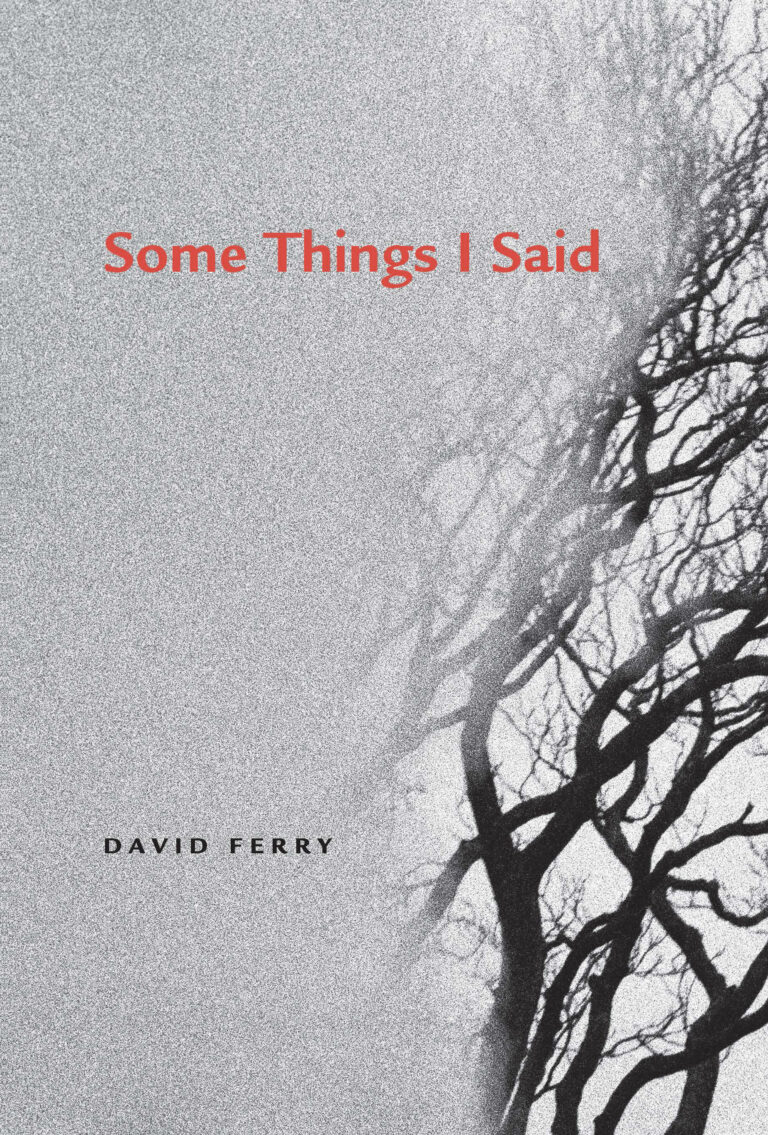
In “Some Things I Said,” Ferry turns[...] to his own work: both his poems and his translations[...], and draws forth a new poem, an assemblage of fragments, a portmanteau, found lines sometimes presented almost exactly as they were in the original and sometimes much-altered.
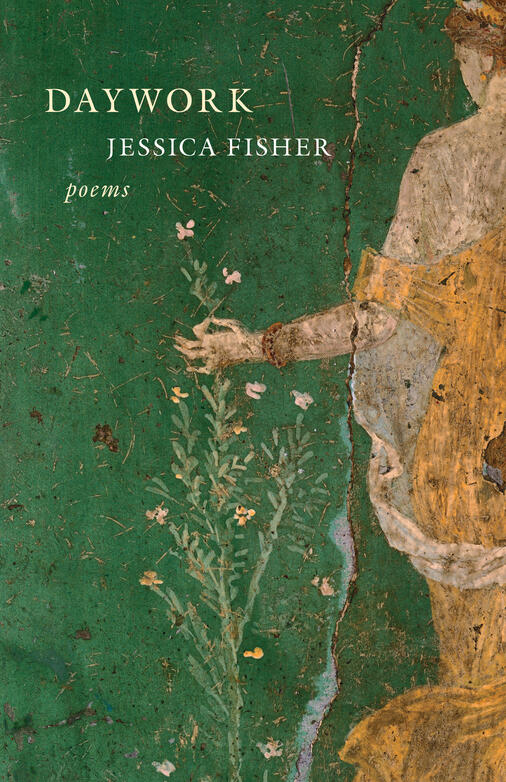
In stripping away misapprehension and projection, this poem hopes to encounter the reality of the other, and of the otherness within. It’s a poem that begins by opening to the dark, and the force of that mystery persists, for me at least. Though the night is “dark / as the future,” the poem moves forward into it, into whatever it represents. We will never quite be able to say how those inscrutable experiences transform us, and yet they have come to me to seem poetry’s very source.

Another generative bit of language emerged (and reproduced itself at different moments in the poem) when I found myself looking for a phrase to indicate the numerical “opposite” of one vote (“a flock of votes”? “a pride of votes”? “a murder of votes”?). The evocative collective nouns that have developed for groups of animals began leaping to mind and helped me punningly suggest a few ways that a large number of votes together might be understood, depending on one’s perspective.
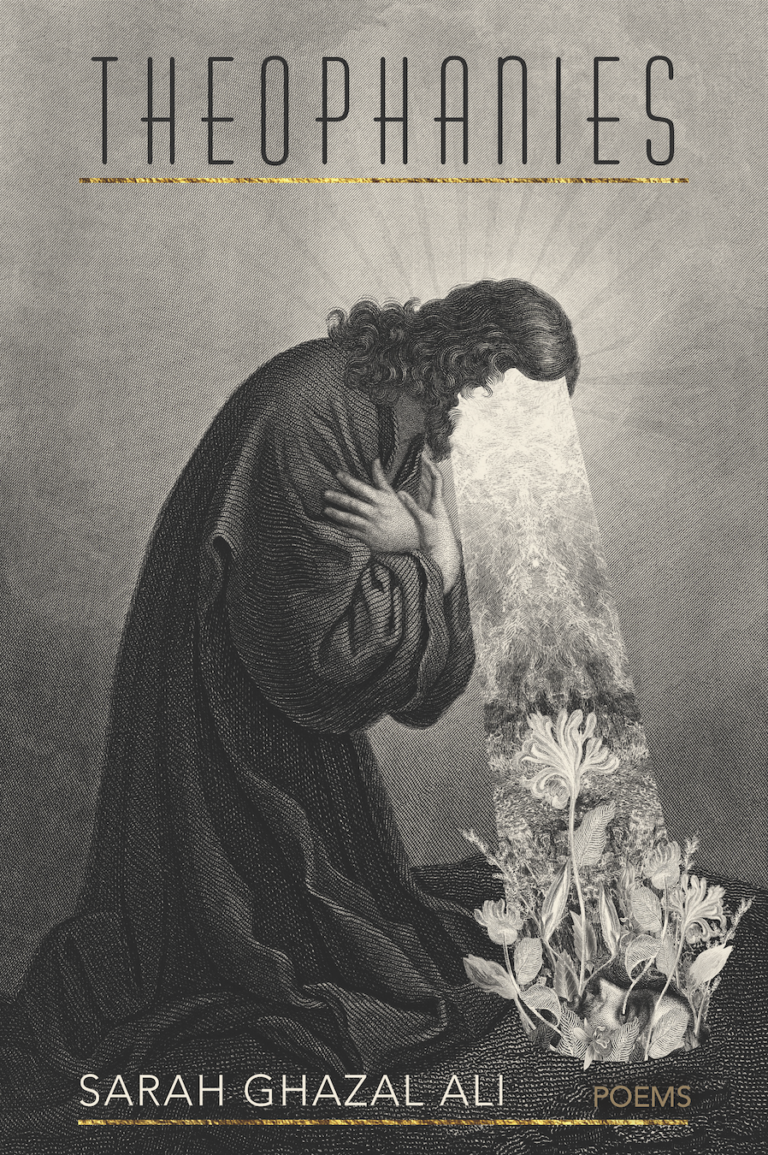
Persona offered a path through the unimaginable. Throughout my first book, Theophanies, I wield persona to trace a foremother’s face in the dark—Sarah, Hajar, Eve, Maryam. I cannot know them, but in the absence of definitive knowledge, I can speculate. Through speculation, through the assumption of another’s voice, I can clarify my own. Using Sarah-as-foremother as a mouthpiece doesn’t reveal anything true about her. Rather, it illuminates my own inclinations, biases, and assumptions, long-obscured and buried. However frightening, however troubling. By braiding together multiple voices in a contrapuntal, I can better locate my own.

My father was a young man when we left the Philippines after Ferdinand Marcos declared martial law. He was in his twenties and had very little money. I should think that weighing the decision to break a five-dollar bill and buying junk food for his kid could and should expand our notion of what is of epic and heroic concern.

The sonnet is a device I often use, not necessarily as a formal frame but as a couplet structure to hold against my freewrite. This offers a scaffold toward something that can spread out on the page and take up space in the world.

If stanza is taken in its literal translation, “room,” then the rhymed lines of a stanza in terza rima (1 & 3) might be imagined as forming that room’s walled enclosure while the middle line, barreling ahead into the next stanza, presents in turn something of a door—such that the poem figures a sequence of interconnected rooms, with doors that don’t quite open and don’t quite close.

The asthmatic cough is a chorus, a repetition machine. One cough anticipates the next.
Having endured frequent lung imaging, the lung has emerged for me as a primary image. This poem began there: the lung as a bundle of cut flowers in a vase. Repetition and chiasmus allows me to defamiliarize, and even reject, that simple equivalency.
Having endured frequent lung imaging, the lung has emerged for me as a primary image. This poem began there: the lung as a bundle of cut flowers in a vase. Repetition and chiasmus allows me to defamiliarize, and even reject, that simple equivalency.

While various cognitive disabilities have probably existed as long as humans have, the language to frame and see them as distinct embodiments and identities has not. Plath is a natural choice, since, in her own words, she sought to express “what it is like to be alive in this body-mind.” Islam belongs to a growing number of poets who are recognizing what this means: that until recently, neurodivergent poets sometimes only found each other by chance or by intuition, but now we can trace and celebrate our connections.

For me, though, the most special type of repetition is where the language undergoes a transformation: When a word, phrase, or line comes back around, the denotation has changed; or when a symbol comes back around, the referent has changed. This type of repetition is where I think you can judge the level of honesty in a pantoum.

I have long favored the idea that poetry is a kind of sheet music the composer creates for somebody else to perform across time and space, rather than a mode of self-expression.
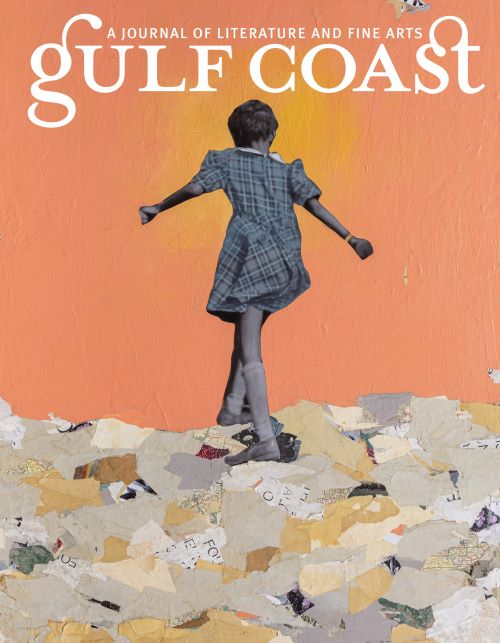
What will fascinate me most is the way the poem’s ending gestures toward my own potential complicity, which seems a much more nuanced and realistic engagement of power as a subject. In the end, the poem’s language and form are vehicles used in an attempt to absorb my own terror and the reader’s terror—though the story of the poem and the story of the country—is far from complete.


